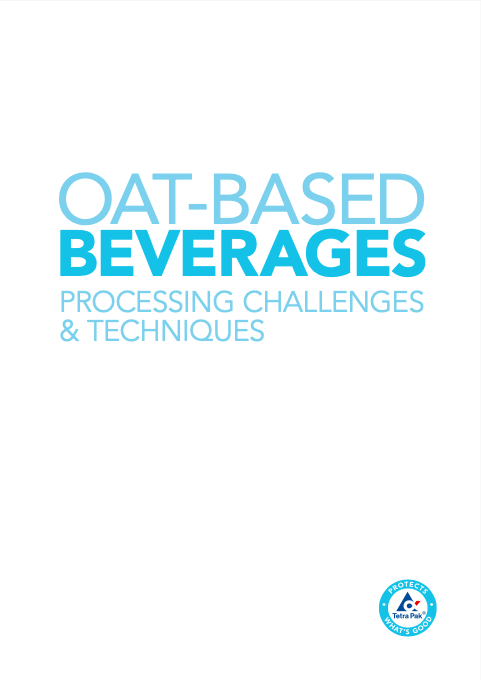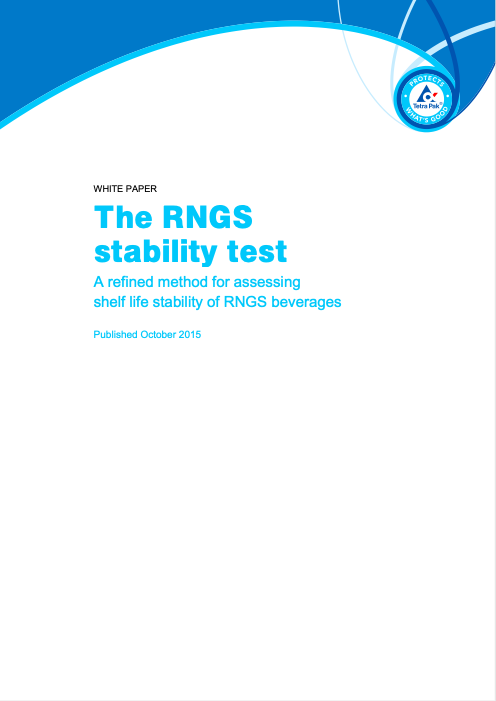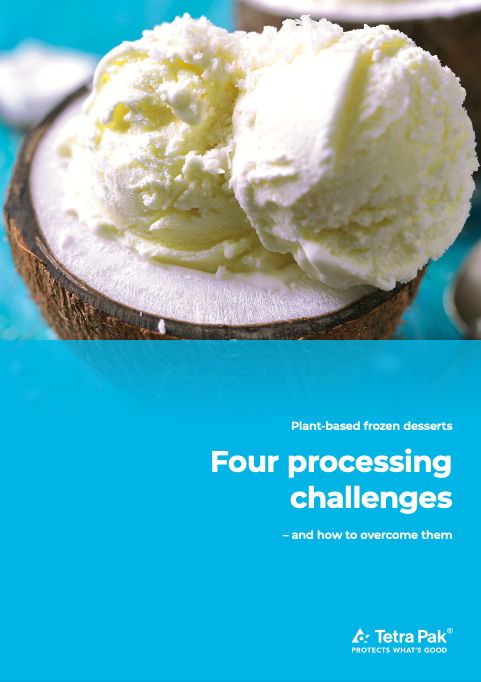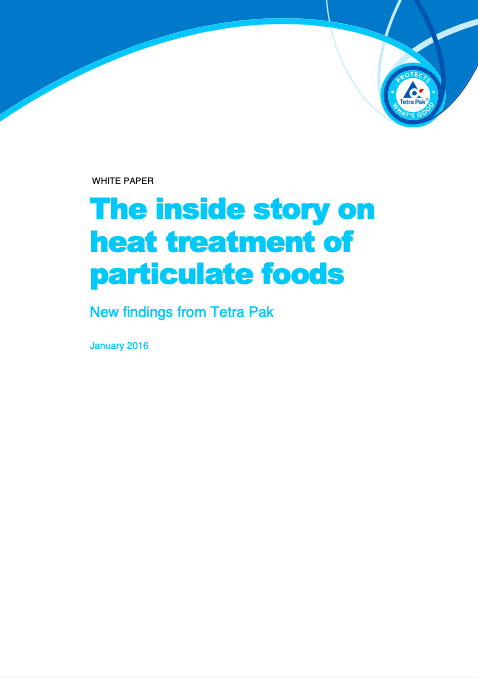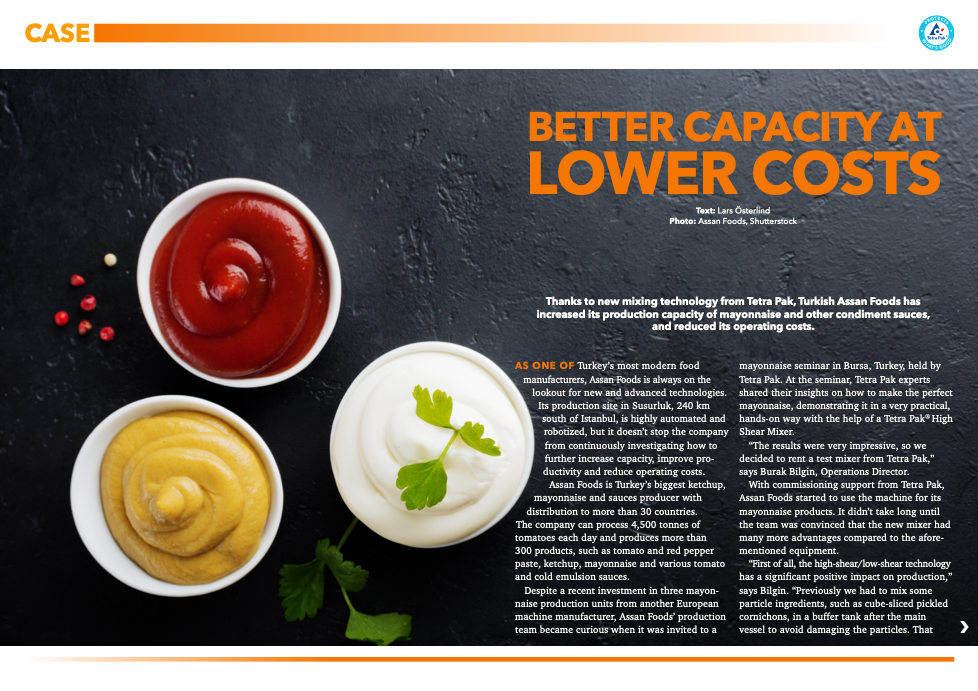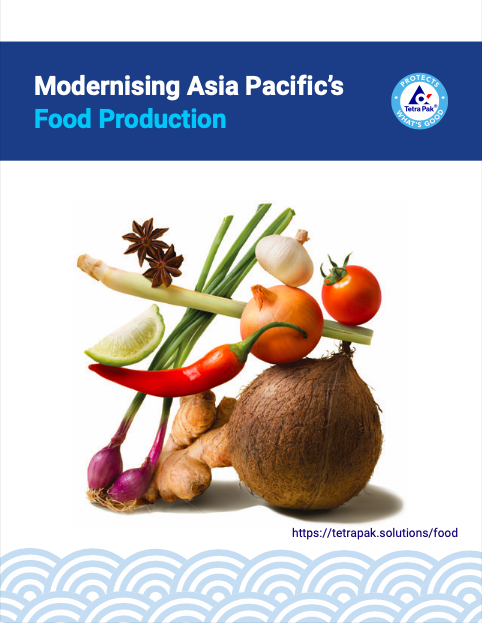White paper: Oat-based beverages – processing challenges and techniques
White paper: Oat-based beverages – processing challenges and techniques Our research shows great potential in this category. A range of different consumer trends are currently converging to make oat beverages extremely popular — sustainability, health, vegetarianism, lactose concerns and animal welfare all play a role. Consumed as a morning food supplement or as snacks throughout the day, oat-based products can command prices up to five times that of ordinary milk. Thanks to a wealth of expertise in low acid, aseptic technology and many years of soy production, we have the knowhow to help you succeed in the oat-based beverage category. Our equipment portfolio covers extraction, mixing, UHT treatment, aseptic storage and filling. And we can configure complete lines from product formulation to heat treatment and packaging — all based on your product ambitions and formulations.
White paper: Oat-based beverages – processing challenges and techniques Read More »
